Welcome to APA Learn!
Explore the catalog by scrolling through the courses on each page or by filtering by topic, price, credit type, or credit amount. Your purchased courses will appear in your APA Learn dashboard.

It's a REVOLUTION! The Vision for Historical Philadelphia establishes a design framework to re-imagine the primary public space of Old City Philadelphia – its streets! Learn how new street design will support equitable mobility, placemaking, historical interpretation, and economic development.

Unprecedented federal resources have been made available to states and localities to plan for and implement climate adaptation and resilience solutions. This course explores trends and best practices utilized by different levels of government resulting in improved outcomes.
CM I 1.00 (1.00 Sustainability & Resilience)
Nonmember Price: $40.00
Member Price: $20.00
For a complete list of Speakers, click here.
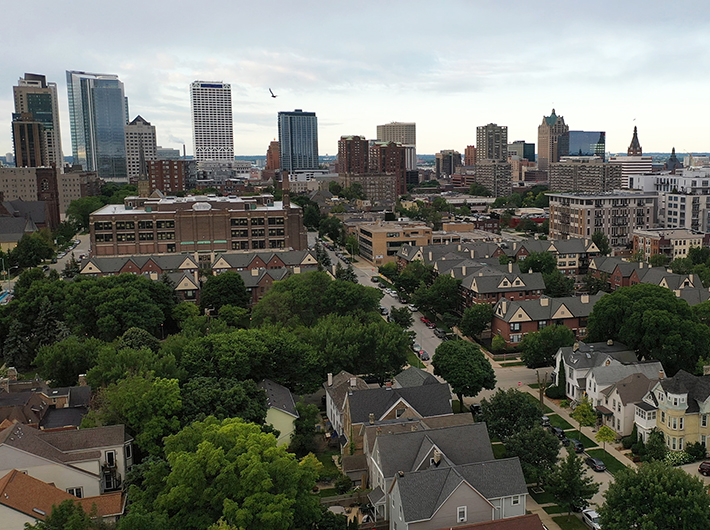
Boosting the supply, availability, and diversity of housing options is essential to expanding opportunity and affordability for all. Creating livable and age-friendly communities requires reforms that allow for new housing options. APA, AARP, and the National League of Cities have made housing opportunity and zoning reform a key priority.

Fast moving legislation has created challenges for planners to understand new requirements for multi-modal funding under the Bipartisan Infrastructure legislation. This Case Study Learn reviews two of the primary programs of interest to planners: Safe Street & Roads for All (SS4A) & Reconnecting Communities.
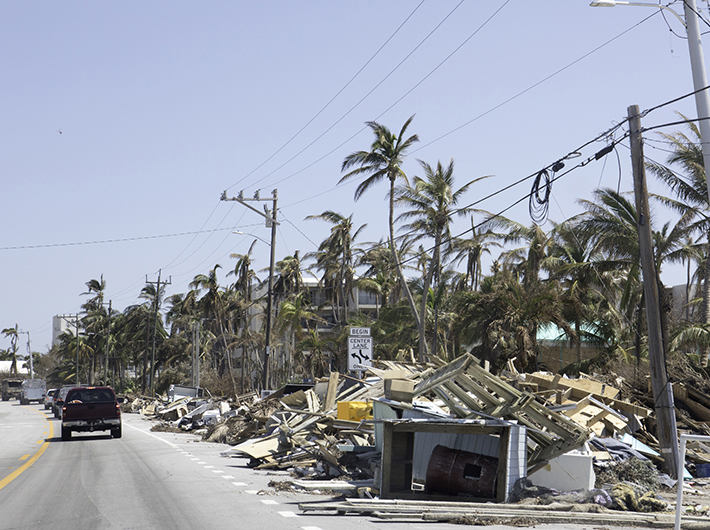
Communities are at risk of being affected by an increased threat and frequency of natural disasters. This presentation explores proactive stormwater management, infrastructure resiliency to prepare planners to tackle climate challenges of the future.
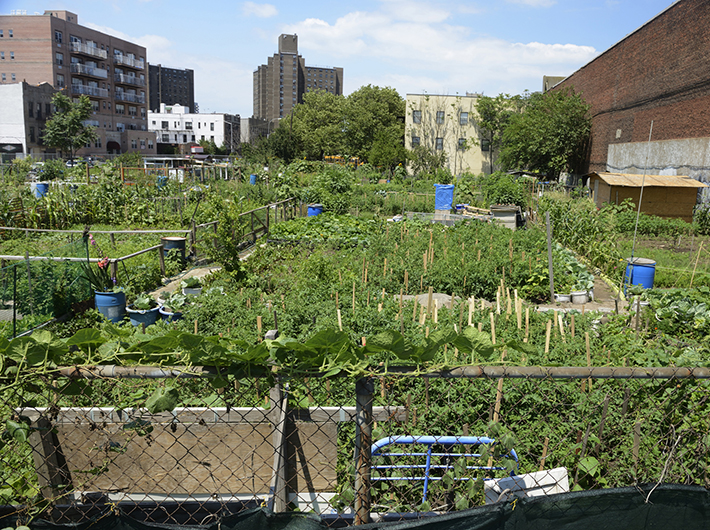
Food insecurity hides in plain sight in Montgomery County, Pennsylvania. How can one food pantry find land and provide fresh and culturally appropriate produce to its largely Hispanic clientele when the surrounding community is largely developed?

An economic development coalition in Alaska is developing the mariculture industry with a $49 million federal grant. Learn how this coalition was able to successfully bring in so much funding and how this project will advance equity.

Complimentary for a limited time: This is an extraordinary moment of pain for the nation and the populations that have borne the brunt of longstanding injustices and inequalities. Now is the time for the planning profession to reflect on unjust practices to evolve the infusion of diversity, equity, and inclusion into all aspects of planning.
CM I 2.50 (1.0 Equity)
Nonmember Price: $100.00
Member Price: $50.00
For a complete list of Speakers, click here.

The Turks and Caicos Islands adopted the first National Physical Development Plan since 1984. Learn about intricacies of large scale, multidisciplinary planning for rapidly changing natural and built environments in times of change, uncertainty, and shifting ideologies.

Understand how evolving uses of housing and changing resident bases in destination communities has impacted local worker housing affordability and availability and how innovative planning and policy tools and funding mechanisms can be leveraged.

Reimagine the nature of historic preservation that recognizes underrepresented culture, people, and places. Learn ways to engage communities to identify, celebrate and preserve sites that are important to a community’s story.
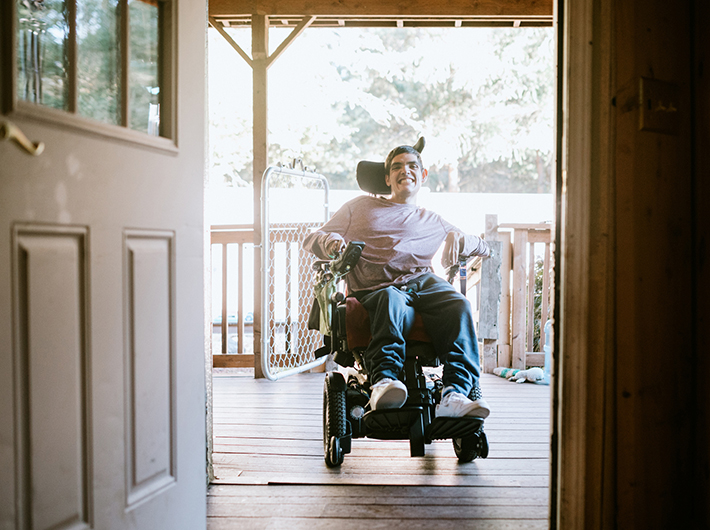
As designers and planners, we ignore people with disabilities at the risk of alienating the people that public spaces are meant to serve. Listen to three case studies that illustrate best practices built around inclusion and accessibility.
CM I 1.00 (1.00 Equity)
Nonmember Price: $40.00
Member Price: $20.00
For a complete list of Speakers, click here.
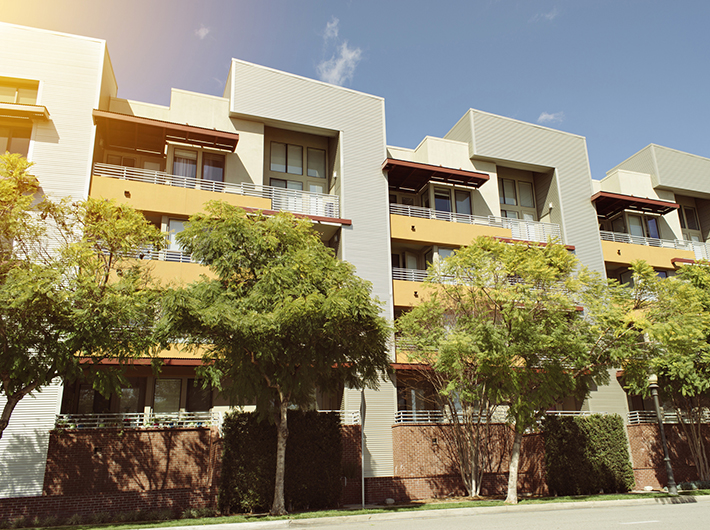
Learn why our cities and regions must build eco-socially sustainable, “green” housing that is affordable at all income levels, what this looks like, and how to get it built through community-based strategies for designing, approving, and funding in diverse localities.
CM I 1.00 (1.00 Sustainability & Resilience)
Nonmember Price: $40.00
Member Price: $20.00
For a complete list of Speakers, click here.

If zoning is a language, then every zoning ordinance is its own dialect. By mapping standardized zoning data across thousands of jurisdictions, the National Zoning Atlas provides legibility to those seeking to understand zoning trends that transcend jurisdictional boundaries.
CM I 1.00 (1.00 Law)
Nonmember Price: $40.00
Member Price: $20.00
For a complete list of Speakers, click here.

Electric vehicles are a hot topic, but is your community ready to support them? Our panel of experts turn your battery "range anxiety" into "range confidence" with real world case studies and planning approaches to enhance sustainability and equity.

In planning, city digital twins can be used for experimentation and simulation, to test policy options, to enhance cross-departmental collaboration, and to improve community engagement. Learn how to get started with examples from Columbus, Georgia, and Boston.

We already know the technical solutions to climate change but are caught in a loop of constant analysis to identify the “perfect” local actions. This presentation explores how strategies can be pursued locally and how to prioritize action.

Integrating climate science into local planning practice can help communities adapt to changing conditions. When combined with equity considerations, adaptation planning prepares communities for greater extremes, including flooding. Learn about practices to equitably implement climate change adaptation planning.
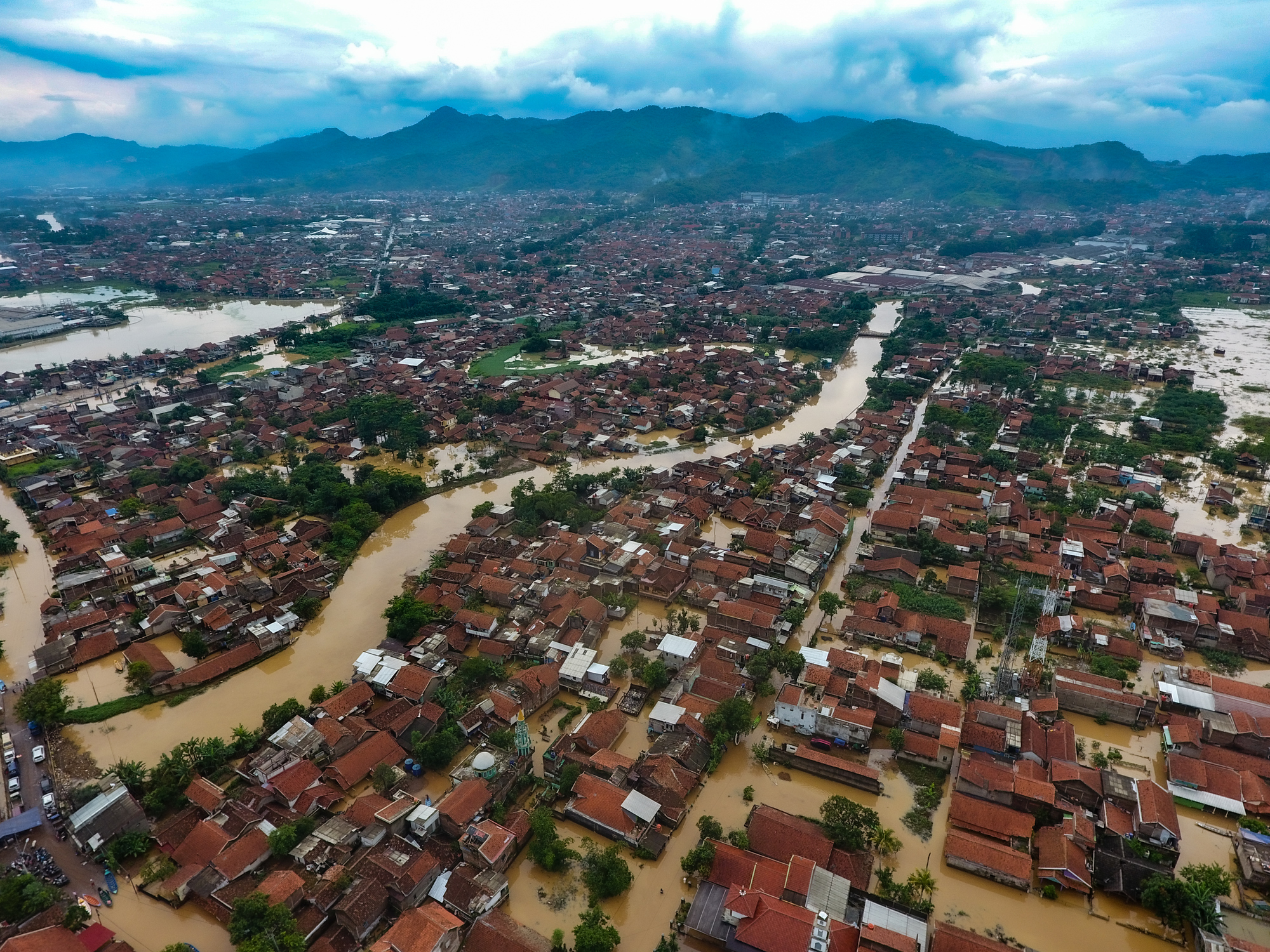
Cities are particularly vulnerable to floods due to their high concentration of people and assets, as well as their proximity to rivers and coasts. Hosted by the APA International Division's Climate & Sustainability Working Group, speakers present case studies from Indonesia, the Netherlands, and the United States.
CM I 1.50 (1.0 S+R)
Nonmember Price: $60.00
Member Price: $30.00
For a complete list of Speakers, click here.
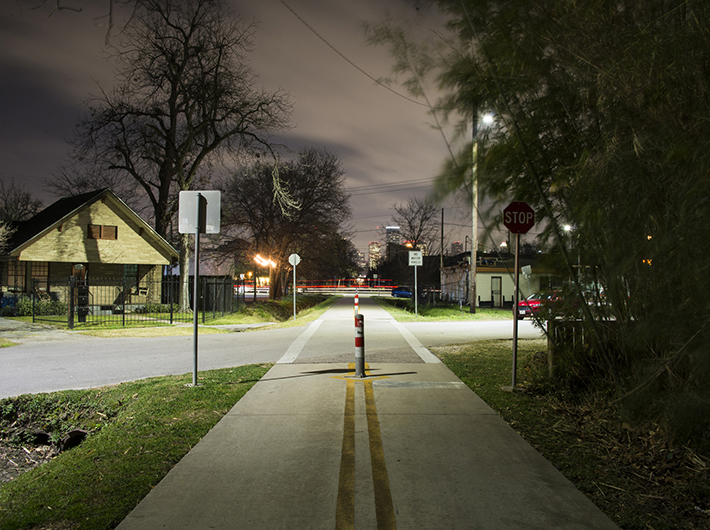
Communities are facing acute infrastructure needs to provide safe and reliable transportation with limited public funding available. It is critical for planners and local authorities to understand the procedures and approaches for securing and leveraging federal support to make changes.

View five technological advancement examples designed to emphasize the use of international smart technology in planning.
CM I 1.0 (1.0 S+R)
Nonmember Price: $40.00
Member Price: $20.00
For a complete list of Speakers, click here.

With the unprecedented levels of federal, private and philanthropic funds currently available, how does one create a grant program that not only makes awards but genuinely supports projects with catalytic impact, and ensures those projects are completed successfully?

Removing or preventing a highway in a city is often a fight – and never a fair one! Learn the language of highway removal, tactics used by state DOT’s and how to present winning arguments, and available resources.

Digital Twins — digital representations of the built environment that can be augmented with real-time information flows — are an emerging tool that holds great promise for the practice of planning. But developing an effective Digital Twin requires starting with the fundamentals: what, why, and how. In this webinar, you’ll learn about the benefits, standards, and capabilities of Digital Twins, illustrated by uses & case studies.
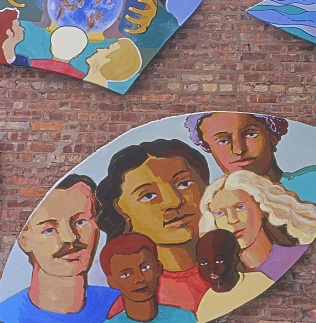
Planning for diversity and inclusion requires intentional efforts to dismantle systems of oppression and advance liberation and self-determination. This course equips planners with concepts and skills to perform inclusive and equitable planning and work effectively in diverse communities.
CM I 2.0 (1.0 Equity)
Nonmember Price: $80.00
Member Price: $40.00
For a complete list of Speakers, click here.
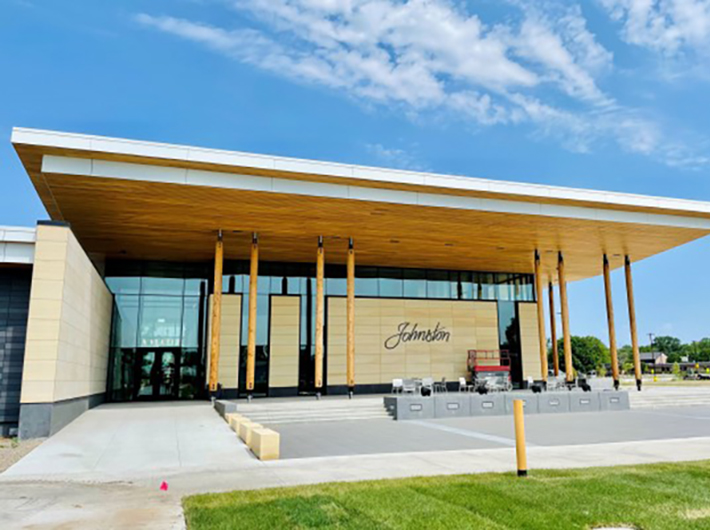
The Johnston Town Center, a public-private partnership opened August 2021, facilitated by city led acquisitions and investments in a vibrant “downtown” gathering space with public amenities/art, surrounded by thriving commercial businesses.

Arts and planning has a new Federal Government champion with a big and bold vision.

Learn the elements of an effective and equitable economic development initiative, how to successfully engage community members and partner organizations, and best practices for establishing feasible and achievable benchmarks to evaluate your initiative's effectiveness.

As in previous years, the 2024 Trend Report features a list of over 100 existing, emerging, and potential future trends that the APA Foresight team, together with our Trend Scouting Foresight Community, identified as relevant to planning. The trends are structured within three timeframes (Act Now, Prepare, Learn and Watch), which indicate the urgency of planners’ action.

This webinar will explore key skills needed to integrate empathy and compassion in planning practice. It will focus on deepening planners' awareness of and practice of skills that support them in honoring their own identity (and stories) while also respecting and valuing the varied identities, stories, and experiences of the community, leading to relationships that can advance equitable and sustainable planning.
CM I 1.00 (1.00 Ethics)
Nonmember Price: $40.00
Member Price: $20.00
For a complete list of Speakers, click here.
